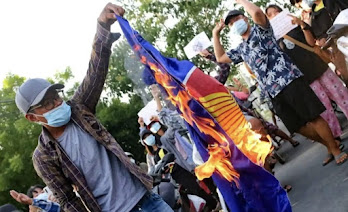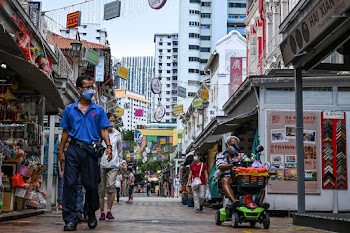As Malaysia’s political dysfunction worsens, so too has the country’s health crisis. Successive days of record-shattering Covid-19 caseloads have followed a political rupture between the Perikatan Nasional (PN) coalition government and its largest component party, the United Malays National Organization (UMNO).
Daily infections hit an all-time high on Wednesday (July 14) with 11,618 cases. Despite a strict lockdown in force since June 1, the national infectivity rate, which stands at 1.16, is higher than it was before tough curbs on movement and economic activity were put in place. Record levels of severe illness and fatalities have been reported in recent days.
Noor Hisham Abdullah, Malaysia’s top health official, has attributed the surge to the spread of the highly infectious Delta variant, now the dominant coronavirus strain in the country. Cases breached the five-digit threshold for the first time on Tuesday with 11,079 infections, ravaging Kuala Lumpur and the surrounding states of Selangor and Negeri Sembilan.
Total cases now stand at 867,567 with over 6,385 coronavirus-related deaths. Malaysia has one of Southeast Asia’s highest per-capita infection rates, though with more than 400,000 vaccine doses now being dispensed daily, it also has one of its highest rates of inoculation. About 25% of its 32 million people have received at least one dose of a Covid-19 vaccine.
Read the full story at Asia Times.
Nile Bowie is a journalist and correspondent with the Asia Times covering current affairs in Singapore and Malaysia. He can be reached at nilebowie@gmail.com.










